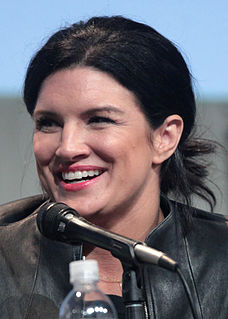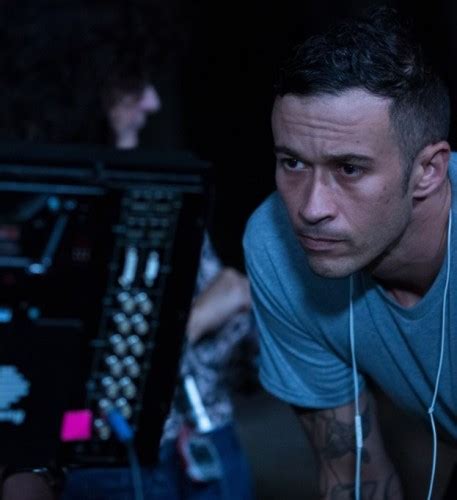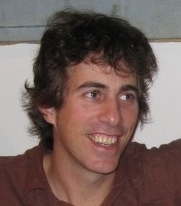A Quote by Erik Larson
What drove me to do 'Dead Wake' was that after doing the most preliminary of reading and scoping out what kinds of materials might be available in archives and so forth, I realized that this book - the research, the writing - would present me with a rare opportunity to explore to a full extent the potential for suspense in a nonfiction work.
Related Quotes
A woman journalist in England asked me why Americans usually wrote about their childhood and a past that happened only in imagination, why they never wrote about the present. This bothered me until I realized why - that a novelist wants to know how it comes out, that he can't be omnipotent writing a book about the present, particularly this one.
I also did a great amount of writing while doing research. It gave me the opportunity to meet and talk to people other than family, but also to explore my own memory deeper by comparing it to the memories of others who were in my home town during, for example, the political transition from socialism to a nationalistic "democracy" or during the bombings.
Writing a book is about me doing the work to get from the obsessive particular to something that reaches out of that in some meaningful way. It doesn't come easy to me. I really admire people who do it with acuity, but I don't, and for me it takes the process of working on a book for years to do any thinking that I feel accomplishes anything. I don't do it off the cuff well.
Part of why I wanted to produce was because I wanted the opportunity to work on projects I want to see. As a writer and as a director, I'm very specific about the kinds of things that I want to do. The opportunity that producing has given me is that by working with different writers and trying to get their movies made, or developing their script, or making their movies, every time I'm doing it, I'm learning and then bringing something to my own work. I like to think that there's a little bit of back and forth that goes on.
I never really set out to research any of these stories. I try to lead an interesting life though. I guess the closest I came to research was when I applied to work at the state mental institution in Austin, TX. I wanted to work the night shift like Ken Kesey did when he wrote One Flew Over the Cuckoo's Nest. I thought that might inspire me to write a book that great.



































